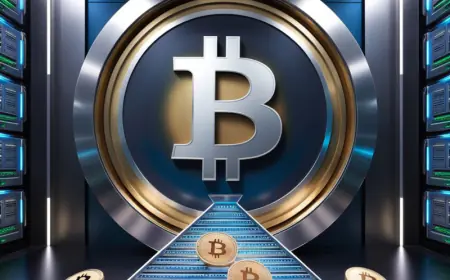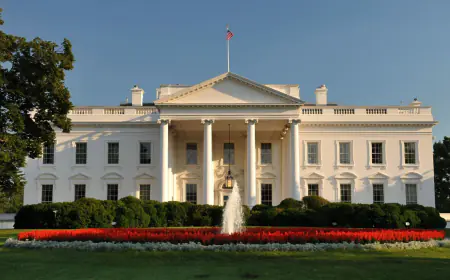Japan raises interest rates for the first time in nearly two decades
Let’s cut to the chase: Japan just took a giant leap, hiking interest rates for the first time since 2007. Yeah, you read that right. After years of what seemed like an endless waltz with negative interest rates, the Bank of Japan has decided it’s time to turn the page. With Kazuo Ueda at the […]

Let’s cut to the chase: Japan just took a giant leap, hiking interest rates for the first time since 2007. Yeah, you read that right. After years of what seemed like an endless waltz with negative interest rates, the Bank of Japan has decided it’s time to turn the page. With Kazuo Ueda at the helm, Japan’s central banking ship is charting a new course, aiming to leave the murky waters of deflation far behind.
The End of an Era
Kazuo Ueda, the big boss at the BoJ, has essentially called it quits on the super easy-money era. This isn’t just a minor adjustment; it’s a full-blown reversal from the strategies that have defined Japan’s economic playbook for over a decade. By moving the overnight interest rate to hover around zero to 0.1 percent, Japan is waving goodbye to its negative rate policy, a bold move that sets it apart as the last of the major central banks to do so.
Remember 2016? That’s when the BoJ, in a somewhat desperate move to kickstart lending and spending, slashed rates into the negatives. They weren’t alone in this unconventional crusade; Europe and some Nordic countries joined the club, much to the dismay of savers everywhere. This gamble against deflation did keep the economy afloat but at a cost: banks felt the pinch, and zombie companies—those that should’ve gone under—somehow kept trudging along.
Now, Ueda and his team are betting on a brighter future. They’ve seen enough positive signs, like significant pay raises for workers at major Japanese companies (the biggest since ’91, no less), to believe that mild inflation isn’t just a passing trend. Businesses are upping their prices, wages are climbing thanks to labor shortages, and investors are finally starting to believe in Japan’s economic recovery. Hell, the Nikkei 225 even broke a 34-year record this February.
The Effects of Japan’s Move
Despite this move to positive territory, don’t expect Japan to start hiking rates like there’s no tomorrow. The BoJ is playing it cool, hinting that any future increases will be slow and steady, especially since inflation hasn’t quite hit their 2 percent sweet spot yet. This cautious approach had the yen dropping against the dollar, but stock indexes like the Nikkei 225 and the Topix actually saw a boost.
But here’s where it gets spicy: alongside the rate hike, the BoJ is also ditching its yield curve control and stopping the purchase of ETFs and real estate investment trusts cold turkey. They’re still committed to buying up Japanese government bonds, but the overall message is clear—Japan’s economy might still need some support, but it’s time to start pulling back on the reins.
Speaking of pulling back, the BoJ is now treating deposits at the central bank a bit differently, setting an interest rate of 0.1 percent on these funds. This is a sharp pivot from the past where they used a three-tier system to soften the blow of negative rates on banks’ earnings. Ueda’s boldness in pulling the plug on multiple fronts signals a significant shift in strategy, one that hasn’t been universally praised but is nonetheless decisive.
Economists are watching closely, with some like Sayuri Shirai, a former BoJ board member, acknowledging Ueda’s gutsy move despite economic conditions not being ripe for a rate increase spree. Others, like UBS economist Masamichi Adachi, see this as just the beginning, predicting further rate hikes if the U.S. economy stays strong.
Let’s be real: Japan’s decision is a gamble, but it’s a calculated one. The BoJ is banking on a sustained economic uptick, driven by wage growth and consumer spending. However, they’re not throwing caution to the wind. The planned pace of rate increases is deliberate, aimed at nurturing a fragile recovery without snuffing it out. This balancing act between stimulating growth and preventing overheating is a tricky one, but Japan seems ready to take it on.
What's Your Reaction?









































































































